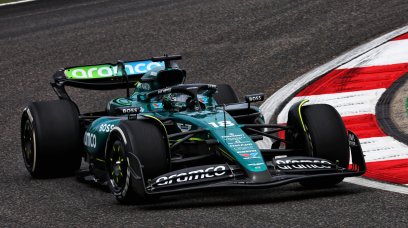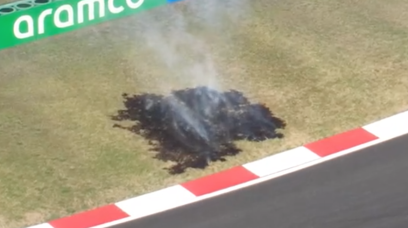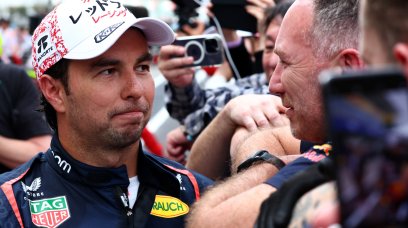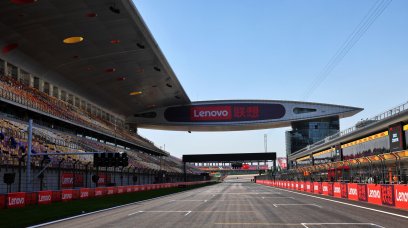Max Verstappen's grid penalty to be taken at the Russian Grand Prix could affect the chances of him having another run-in with Lewis Hamilton, according to former F1 driver Jolyon Palmer. The Dutchman will take a three-place grid drop after the stewards deemed him at fault in his collision with Hamilton at the Italian Grand Prix. Whilst Palmer admits the punishment could prove "pointless" given that Verstappen may already opt to incur engine penalties at Sochi, he also believes that it reduces the chances of any further clashes with his title rival – at least for now. "The stewards found Verstappen predominantly to blame and he has been handed a three-place grid penalty for Sochi," Palmer wrote in his column for Formula1.com. "I don't think his post-crash radio message of bullish defiance rather than upset, anger or finger-pointing would have helped his cause. "It's likely Verstappen will incur [Valtteri] Bottas-like engine penalties in Sochi anyway, so like Hamilton's time penalty at Silverstone, the punishment from the stewards may end up effectively pointless. Given that, it also means we are unlikely to see a repeat next time out. "But with the intent, aggression and 'not backing down' approach both are driving with, and the title battle only heating up, this surely won't be the last big moment between these two this season." Palmer agrees with the stewards' verdict that Verstappen was the driver more at fault, though also believes that the collision could still be deemed to be a racing incident. "While overall I'd attribute slightly more blame on Max here for his part of aggression – he was never fully alongside and he certainly had the better chance to and avoid it – it's a marginal enough one, that, like Silverstone, I might have called it a racing incident, where both parties were racing hard and partly to blame for the coming together," Palmer explained. "Lewis expected Max to back out rather than risk the collision, and Max expected Lewis to give him more space. In reality, given everything at stake, both of those expectations in the heat of the moment turned out to be naïve."
Most read



















